I participated in the Lion King and Born in China In-Home Walt Disney World Press Event.
Thanks to Disney for hosting us. Our opinions are our own.
The legacy of great animated Disney films will continue to live on in their original colorful forms for all their fans to see, and with the inevitable live-action adaptation, fans of a new generation will look to those same animated flicks that inspired the live-action films. With the success of films like Cinderella and Beauty and The Beast, it was only a matter of time before Disney started to look to some of their classic fan favorites in their vault. And Academy Award winning The Lion King is just one of those films.
But before Jon Favreau live-action reimagining hits the big screen, it’s time to take a look back at the film that had us all singing “I Just Can’t Wait To Be King.” That’s It LA was recently invited to fly over to Florida to attend The Lion King Blu-ray re-release event where we got to speak to co-director Rob Minkoff and producer Don Hahn about what it means to see their beloved animated film be turned into a live-action blockbuster, reminiscing about making the film, why it resonates with audiences both old and new, and more.
For Hahn, seeing The Lion King go from animation to live-action is both surprising and non-surprising at the same time. However, they or everyone did not have the hindsight of seeing Disney making a trend of this. “So when we were making it, you’re just trying to get it done, and trying to make it satisfying and emotional and funny,” Hahn said. “You just never think of that day at 23 years from now, will you be sitting around talking about it? Seems crazy.”
Minkoff put things into context because when he was growing up, these Disney animated films could come up every seven years or so. So he got to see Bambi, Pinocchio, and The Jungle Book when they were in theaters. And for some kids, you just don’t think about how did they make this, you just think it’s a great movie. But it’s because those movies were great that helped inspired him to be an animator. “The thing about the era that we were making that movie was, is that the bar that had been set during the golden age of Disney Animation was so high, that the quality of the artwork, the drawing, the draftsmanship, the skill of the background painters, was so incredibly high,” Minkoff said.
This put an incredible amount of pressure on the new class of animators who were replacing the greats who either passed on or retired. But at the same time, it created an environment where the artists pushed themselves to be better. “Every screening of not just Lion King, but every movie that was being made at that time, they do a screening, and the whole studio would get invited to the screening, and then everyone would get encouraged to write their notes, to submit their notes,” Minkoff said. “People would stand around in the halls, going ‘This sucks’ or ‘This could be better,’ But it was out of that atmosphere that people really strove to achieve excellence.”
Without the in-house screenings, they wouldn’t have been able to get the kind of reactions that made general audiences weep. One of those key moments came when they tested the Mufasa, “It’s very simple, and it’s incredibly emotional,” said Minkoff. “And it builds, and it builds, and it builds, and it builds, and it builds, and then finally then we have that moment where he says, remember who you are.” The co-director said that the scene sent chills down everybody’s spine, but they were worried about what management would think and how devastating it would have been for them if they turned down all their hard work.
Luckily, it did not come down to that. And since the release of The Lion King, the film continues to resonate with audiences today. Even if the film has talking animals, there is a very human element to it that allows it to connect with its audience. “It’s a hero’s journey story. It’s a classic coming of age story. “A little bit the way Bambi was. ‘Cause that was kind of the original pitch for this movie, Bambi in Africa,” Hahn said. “It deals with those themes of growing up. And so it’s relatable that way. I think people relate to those big, mythological thematic moments. But simply on an emotional level, we’re not alone in the world, and part of a lineage that we are our father’s sons, that we have our own children, and pass on our aesthetic and ethics to them.”
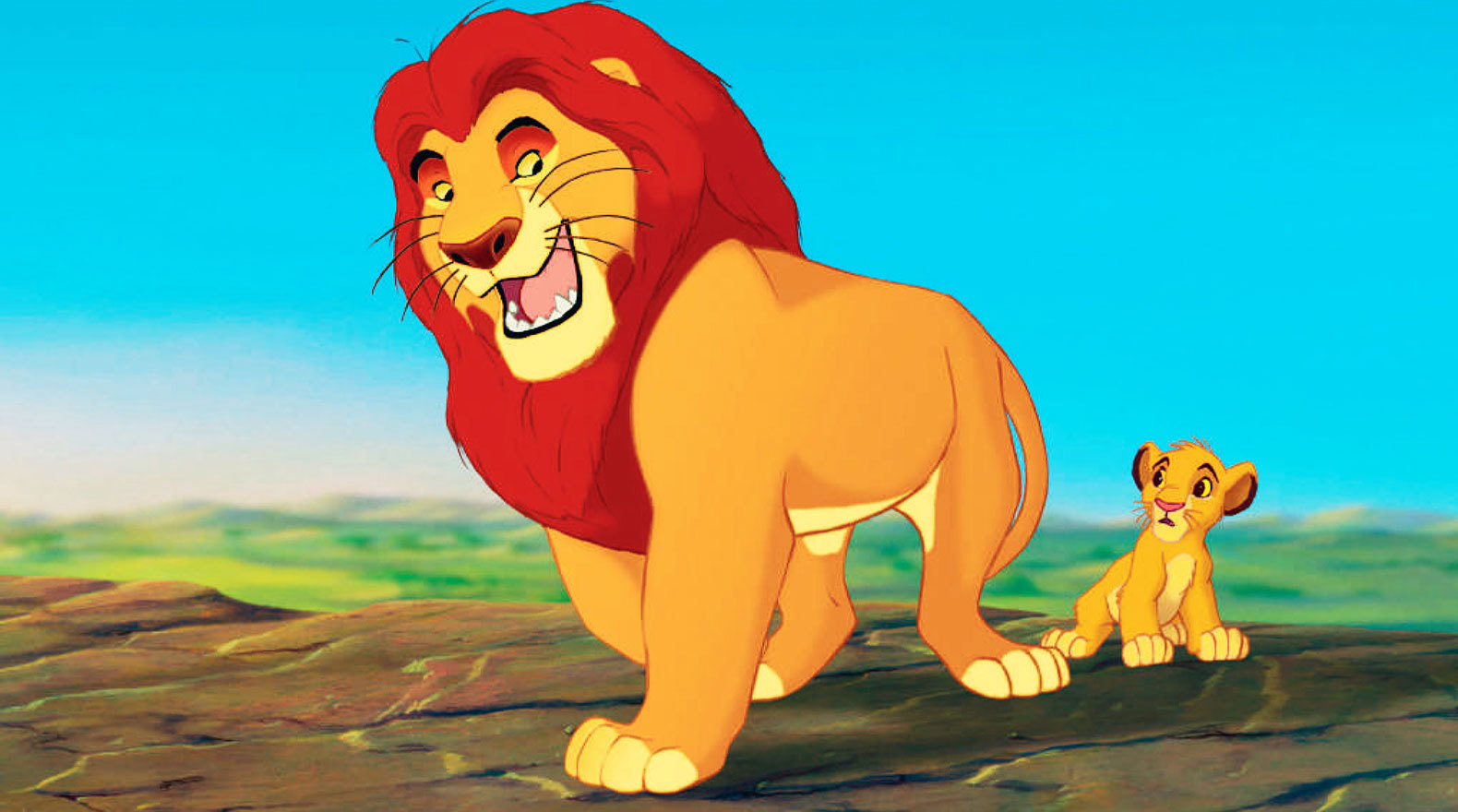
Naturally, neither of them could predict that it would become the phenomenon that it is now. “When we started on the movie, it was sort of considered a B movie within the studio,” Minkoff said. “And it really only because the movie wasn’t based on a well-known fairytale.” He added that at one point the film wasn’t even called The Lion King, it was called The King of The Jungle.
Both admit that the working title made it sound more like Tarzan than anything else. But convincing people to work on the movie proved to be a much bigger problem as neither of them knew what the movie was going to be because it wasn’t based on a well-known fairy tale. However, those who were on board the project were enthusiastic about it as they got to work on a canvas using African color pallets and four-legged animals in a real-world setting.
On the subject of pitching the film, Minkoff said that Charlie Fink, head of development of Disney Feature Animation, pitched The Lion King as Bambi in Africa to former Disney head, Michael Isner. Isner was clearly intrigued but wanted them to figure out how “Bambi doesn’t get eaten.” Which was difficult in a film like The Lion King where predators and prey coexist. But they were able to answer that with one of the film’s central themes about life. “Simba says ‘don’t we eat the antelope?’ Right? And Mufasa goes, ‘well, yes. But then the antelope become the grass’ and then the lions eat the antelope, then ‘when the lions die die, they become the grass.’” That’s how the circle of life came to be.
However, then came the issue of how parents would address this to their kids. “How do you do that in a Disney movie that’s gonna be safe for kids, and parents and moms and, make it okay to talk about that?” Minkoff asked.
With so many obstacles to overcome, the two admit that they were making up the rules as they went along. But one thing they would have to address is how to make the film strike that emotional nerve. So just like how Bambi’s mom got shot and killed, forcing Babmi to be physically separated from her, they would need to do something on a similar scale with Simba and Mufasa. Minkoff said there was debate from letting the audience see it in shadows or seeing the actual death itself but from a distance. But it was very important to advancing Simba’s story, so both of them agreed that they needed to have it in the film.
The Lion King is on Blu-ray/DVD/Digital on August 29th! Enter for your chance to win a copy here!
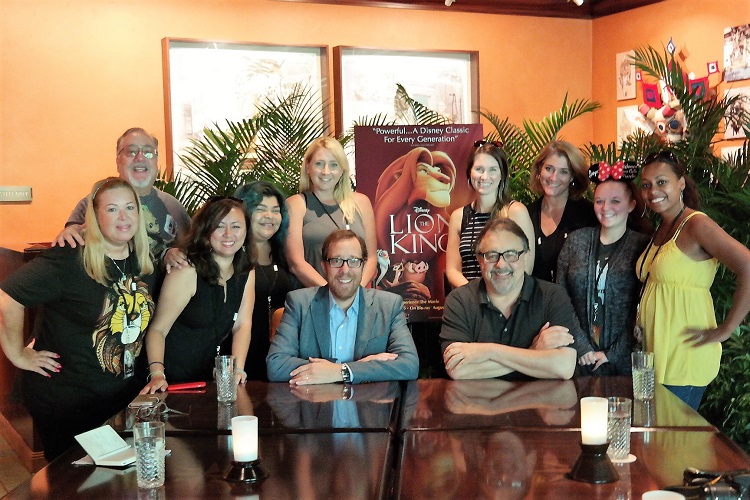



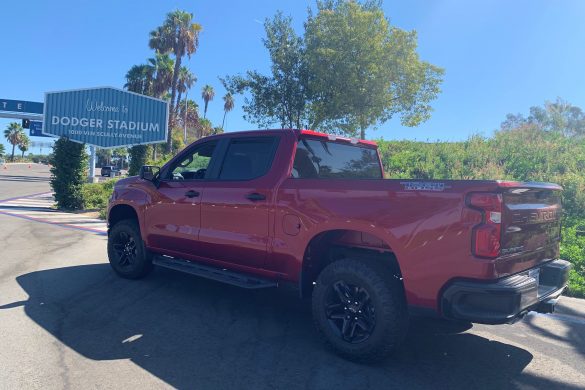
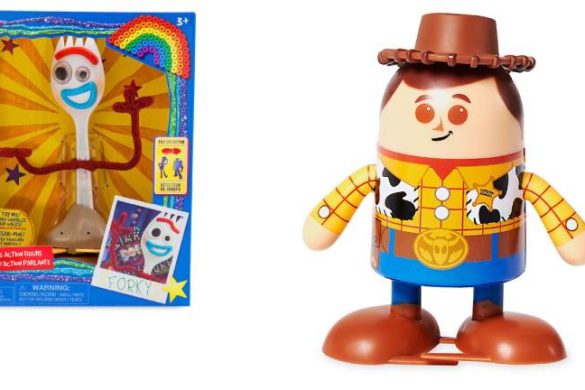
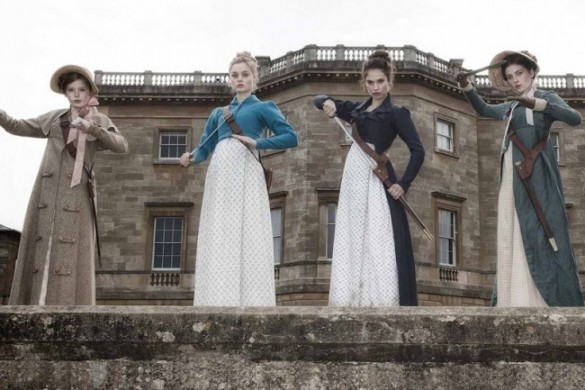
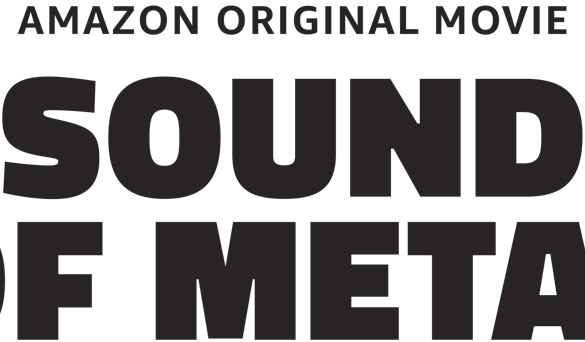
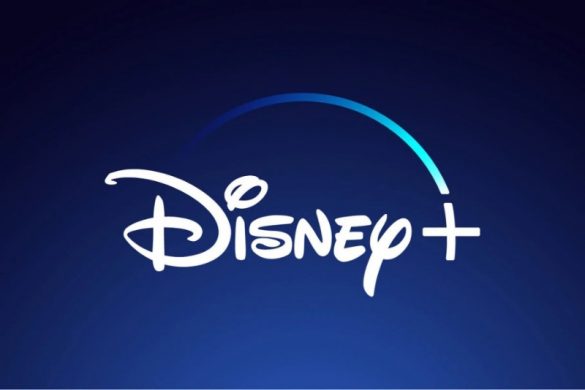
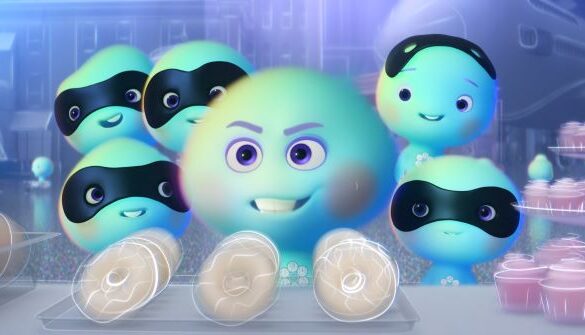
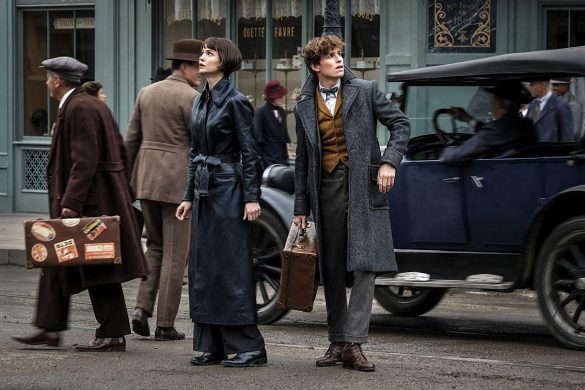
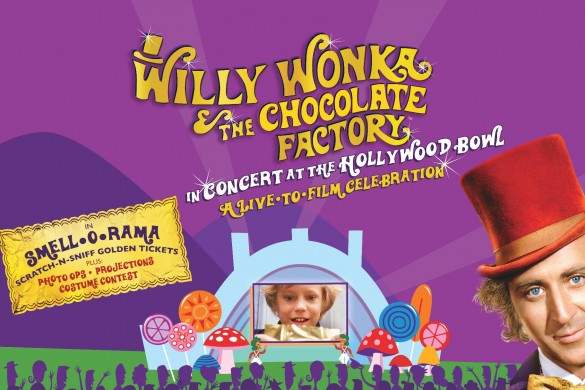
1 comment
It is a movie that touches people’s hearts. ❤️